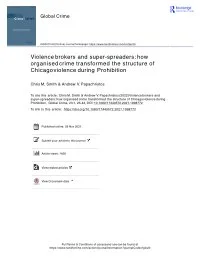By Joseph E. Persico
FROM THE INTRODUCTION: “ThIs sook was writen in quest of an answer. What was it chat led Americans-dairy farmers from Wisconsin and dirt farmers from Georgia, New York urchins and Richmond patricians, shop- keepers and shoemakers--to gather at a small town in Pennsylvania in the summer of 1863 and slaughter each other in fearful numbers? Do the historic roots of the Civil War provide a satisfying answer as to what motivated the ordinary soldier at Gettysburg, or on the other battlefields of that conflict? Was it slavery? Abolition? States' rights? The Union? These reasons may have sufficed for politicians and the power classes, both North and South. Perhaps for the profes- sional soldier, once he determined his loyalty to state or nation, no further motive was necessary. Battle was his craft. But what of more than three million citizen-soldiers, the over- whelming number of whom voluntarily answered the call to arms? What would induce young men today, from, say, New Jersey and California, to battle each other to such bloody effect? There is a lingering unbelievability about this American fratricide…”
NY. Da Capo Press. 1988. 284p.





















